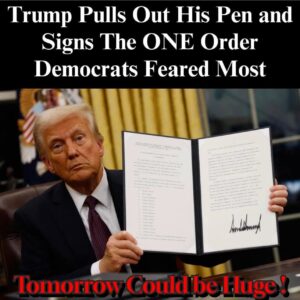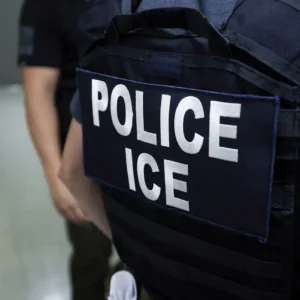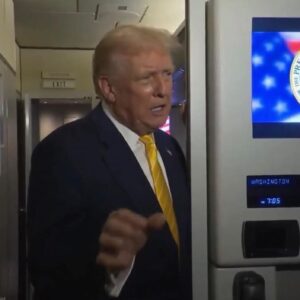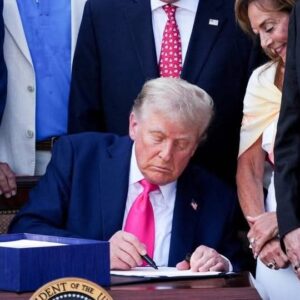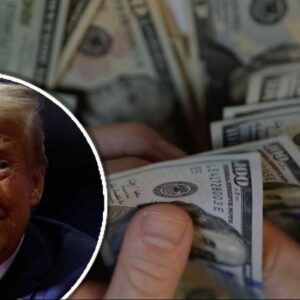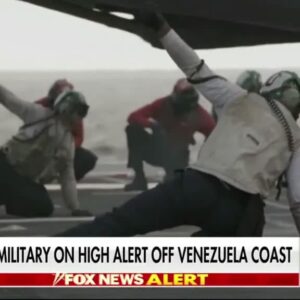The Trump Administration is intensifying its efforts to identify and confront organizations and financial backers it believes may be tied to the funding and coordination of far-left extremist groups, including Antifa. According to officials, the White House is pursuing a broad, government-wide strategy to investigate the networks behind violent protest activity.
Last week, President Donald Trump convened a roundtable discussion featuring several cabinet members, journalists who have covered street-level unrest, and researchers who study extremist movements. The goal was to gather testimony and refine a coordinated plan of action. One participant, Seamus Bruner of the Government Accountability Institute (GAI), said the process is already moving quickly.
“President Trump is taking it very seriously,” Bruner said, noting that the president instructed Attorney General Pam Bondi and FBI Director Kash Patel to prioritize efforts to “unmask” Antifa by identifying key financiers and support networks.
Bruner argued that Antifa functions within a larger ecosystem of professionalized activist groups that raise money, organize demonstrations, and offer legal assistance for individuals arrested during protests. Some of these groups, he contended, provide public relations help, media coordination, and additional manpower—an arrangement he labeled “Riot Inc.”
He also pointed to bail networks that help repeat offenders return to protests shortly after arrest. According to Bruner, ongoing GAI investigations have documented coordinated efforts across cities such as Portland, Seattle, and Chicago, including the deployment of paid or transported demonstrators and the recruitment of homeless individuals for unrest.
Among the funders Bruner named were billionaire philanthropist George Soros’s Open Society network, the Tides Foundation, and foreign donors such as Swiss billionaire Hansjörg Wyss. He argued that these networks warrant closer scrutiny to determine whether their contributions are being misused to support criminal activity—claims that remain unproven in public records.
Bruner suggested that federal authorities could use RICO statutes to target groups found to be involved in organized unlawful activity. He urged agencies like the IRS and Office of Management and Budget to evaluate the tax-exempt status of nonprofits alleged to be supporting violent protests, saying such organizations should be required to demonstrate that their grants serve legitimate charitable purposes.
“If they find these groups are funding criminal activity, they can be forced to open their books,” Bruner argued, adding that more than $100 million in federal grants have gone to nonprofits that, according to GAI’s interpretation, may have supported unrest-related operations.
During an appearance on the “Charlie Kirk Show,” Treasury Secretary Scott Bessent offered additional insight into the administration’s efforts. Drawing a comparison to the post-9/11 financial investigations into overseas terror networks, Bessent said Treasury is now applying similar methods to examine domestic extremist financing.
He insisted that while Americans have the right to speak, organize, and protest, violence crosses a clear legal boundary. “We have started to compile lists, put together networks,” he said. “We don’t know how much support is coming from overseas, or how much is being funneled through U.S. nonprofits. But this is mission-critical for us now.”
Bessent said Treasury is “operationalizing” these investigations in coordination with federal partners and vowed that the government intends to determine who is responsible for funding violent activity within the United States.
